-
Tiny Books For Kids Who Love Cute Things

My kidis not a wide reader but will read the same illustrated series over and over again, and also anything tiny. She loves Sylvanian Families, bugs and tiny books. In an effort to get her reading more widely I asked for recommendations from people who know kids’ books. Here’s what they suggested: THE BEATRIX POTTER
-
To The Manor Born Storytelling Techniques
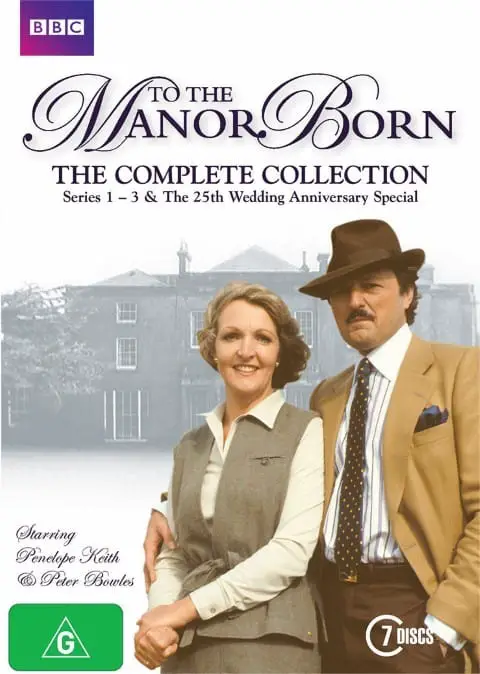
To The Manor Born is a British romantic comedy series written by Peter Spence which aired from 1979 to 1981. The actors reunited for a Christmas special in 2007. The writer is also known for Rosemary & Thyme and Not The Nine O’Clock News. Spence is educated in politics and American studies, which come across
-
Deliverance Film Study
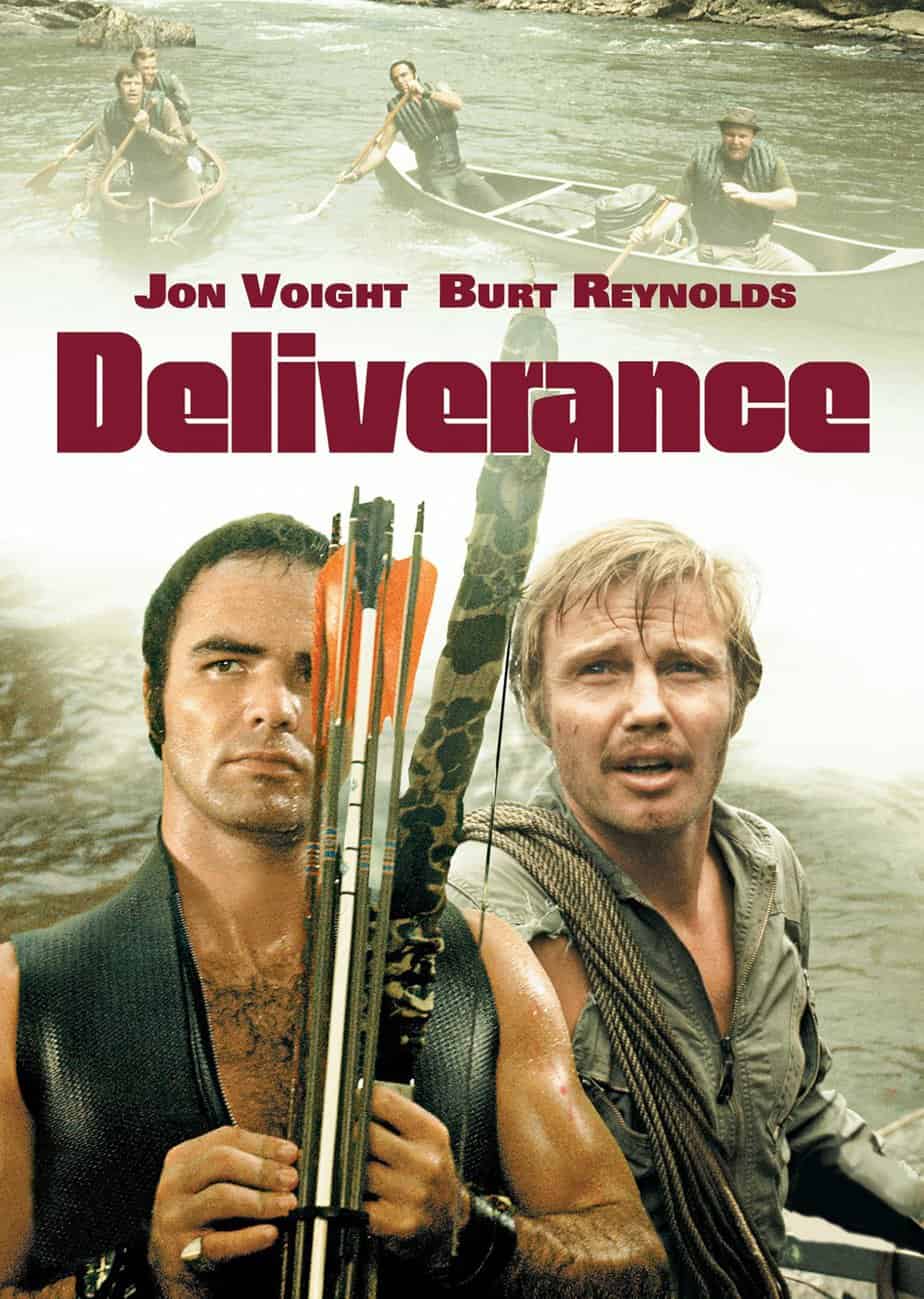
Deliverance is a 1972 movie based on the 1970 novel by James Dickey. Watch it in 2017 and it could have been made this year. The river setting, the timeless costuming, the themes and the film-making techniques have not dated. In fact, Deliverance continues to influence film to this day, including an homage in Carrie (the image of the floating…
-
Narration and Storytelling: Focalisation vs Head Hopping
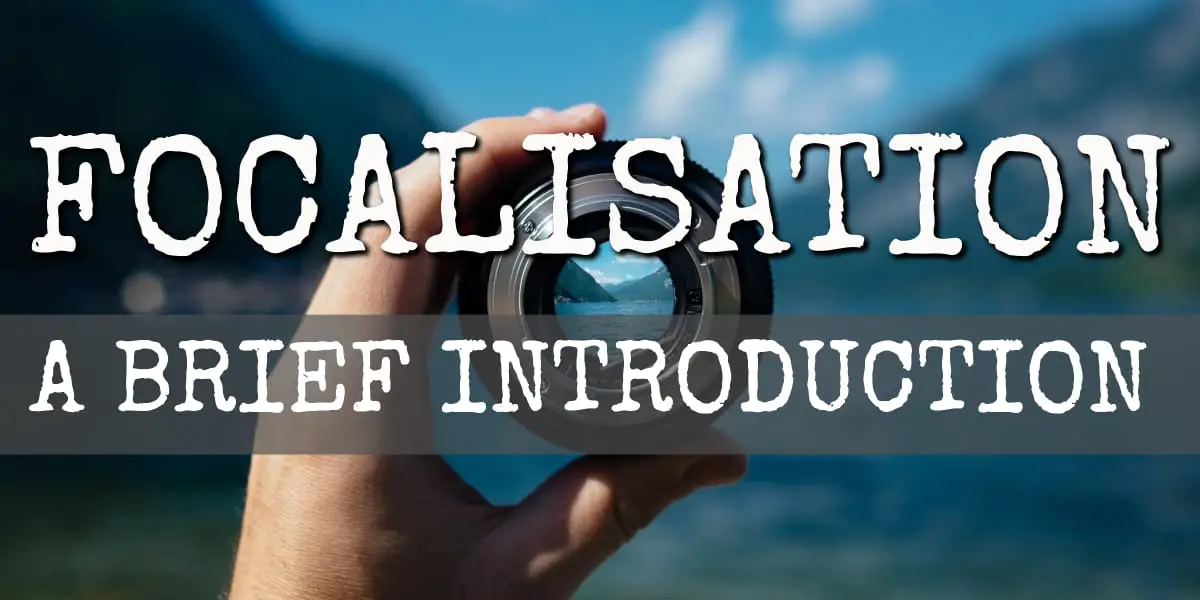
Every narratologist has their own set of terminology. It gets a bit overwhelming. Pick and choose the terms that are useful; discard the rest. Here’s one way of looking at narration in stories. Focalisation comes courtesy of French narrative theorist, Gérard Genette. When thinking about focalisation, we consider the following: Writers tend to think in
-
Boy Humour, Girl Humour
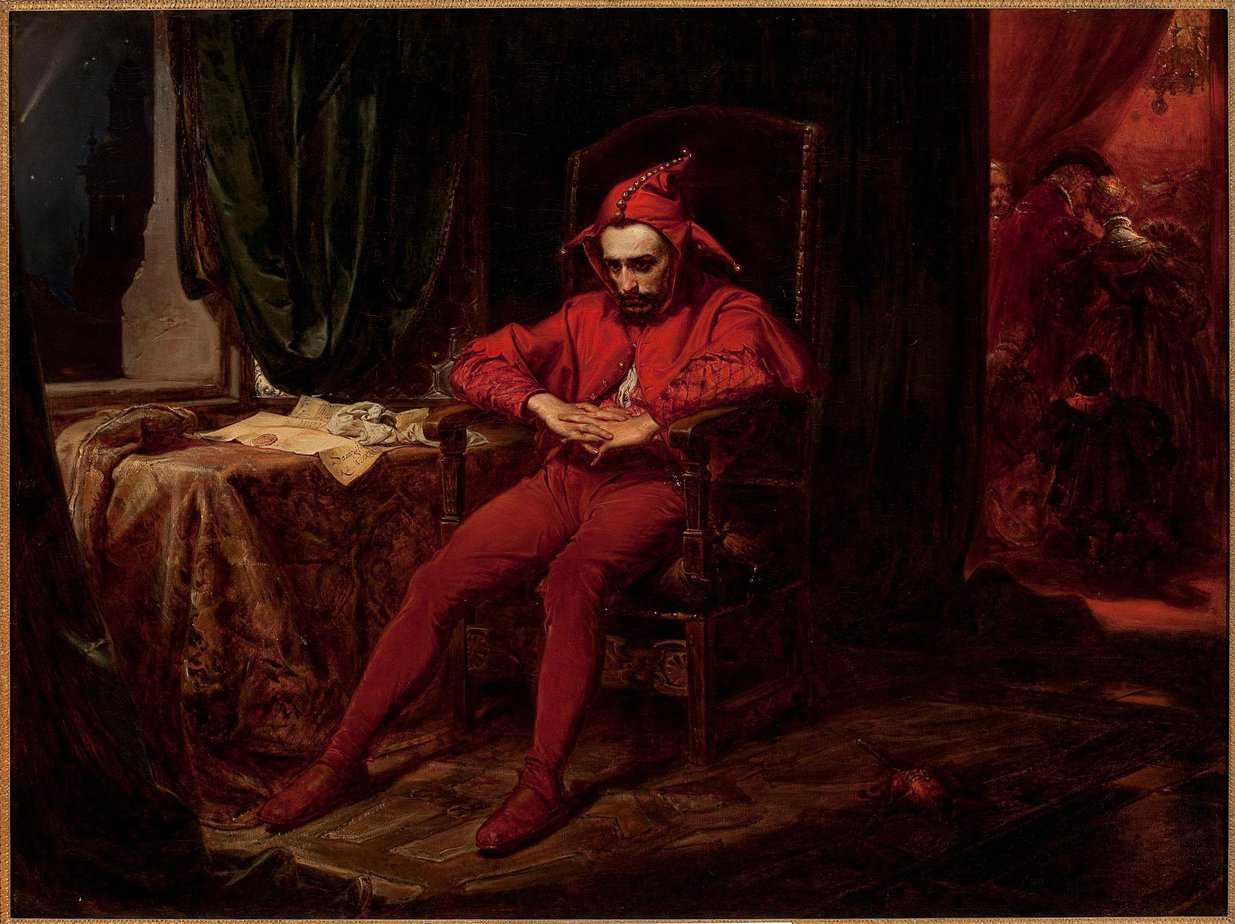
In children’s literature and film, the big-name comedy series are male heavy. Even when women write comedy and humour, they have the best chance of striking it big if they write about boys. Even better? The girls are arch nemeses (or sexualised enigmas) to the funny boys. Silly as it may sound, critics are still
-
No Country For Old Men Film Study
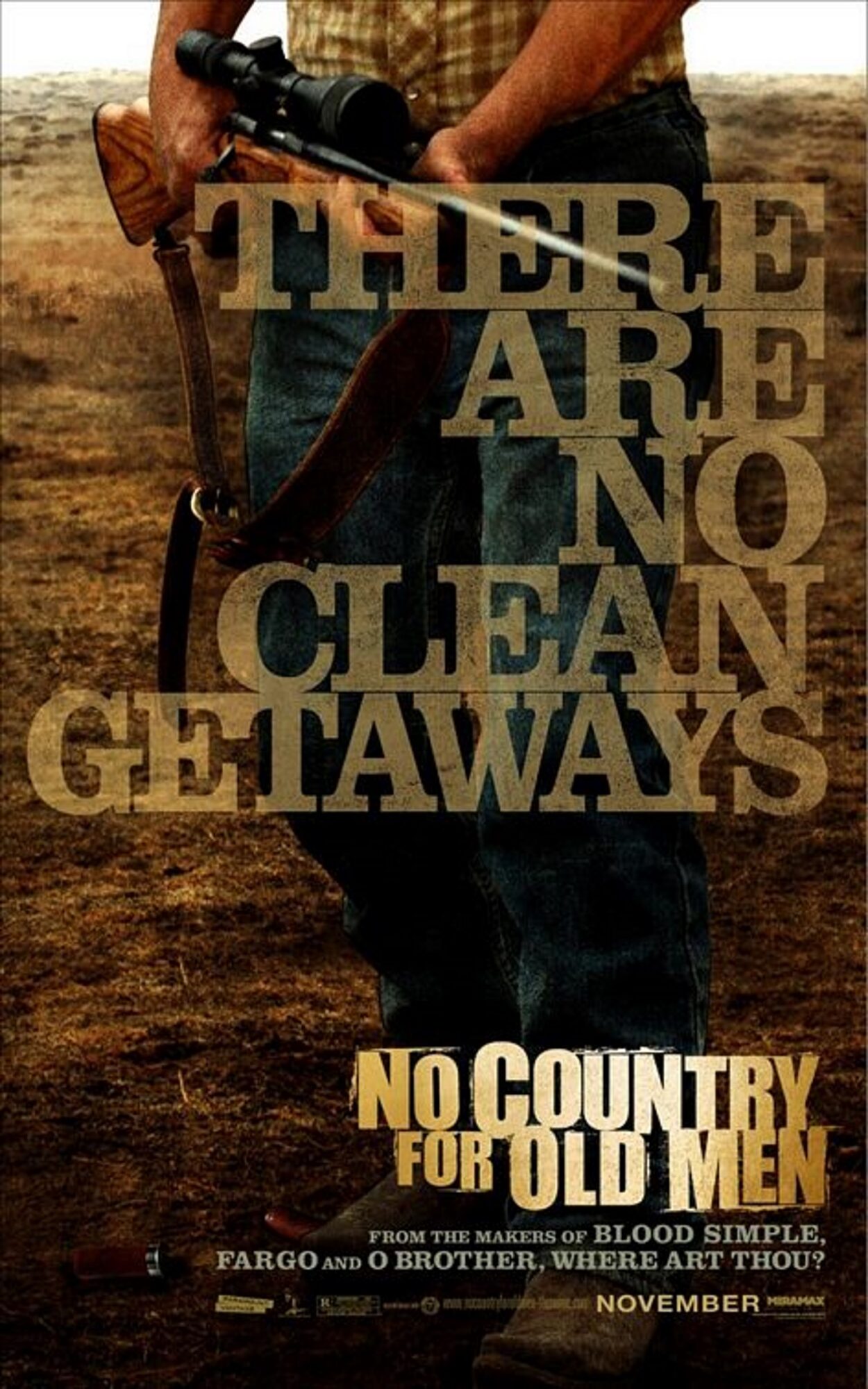
No Country For Old Men is a 2007 film based on Cormac McCarthy’s novel. Drama combines with crime and thriller to create a story about the nature of evil.
-
True Grit Film Study (1969)
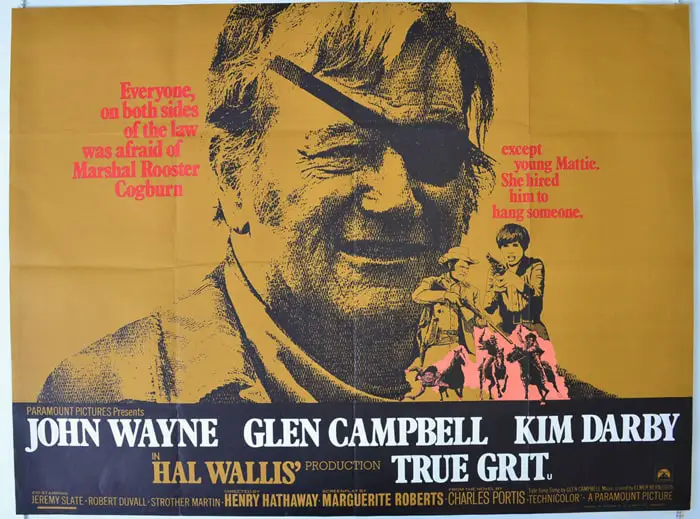
When iconic Australian film critics Margaret and David reviewed the 2010 film True Grit they did enjoy it, but couldn’t see the point of a remake. The 1969 original stood the test of time, so they said. That’s what made me watch the original. Turns out the 1969 film is benign enough to watch with my cowboy-loving primary school aged daughter,…
-
Who is the main character?

Most of us writing about story pick one of the following terms and stick with it: On this blog I use these terms at random, though I’ve started to drift away from ‘hero’ in favour of ‘main character’. When I learned that, correctly, ‘protagonist’ means ‘the character who starts the action’, I dropped it completely,
-
Definition of Anagnorisis and Other Similar Words

Anagnorisis is a moment in a work of fiction when a character makes a critical discovery. Even for plotters rather than pantsers, this is the part of writing that often emerges in the process of storycrafting.
-
How To Write An Unlikeable Main Character

In a previous post I wrote about how to make a character likeable. This is basically an expansion on that post, because when you’re writing an unlikeable character, you’re using the exact same tricks, except more of them. Then, when you’ve exhausted your toolkit, your morally repugnant character can get on with the job of
-
Narration and Storytelling: Diegetic Levels
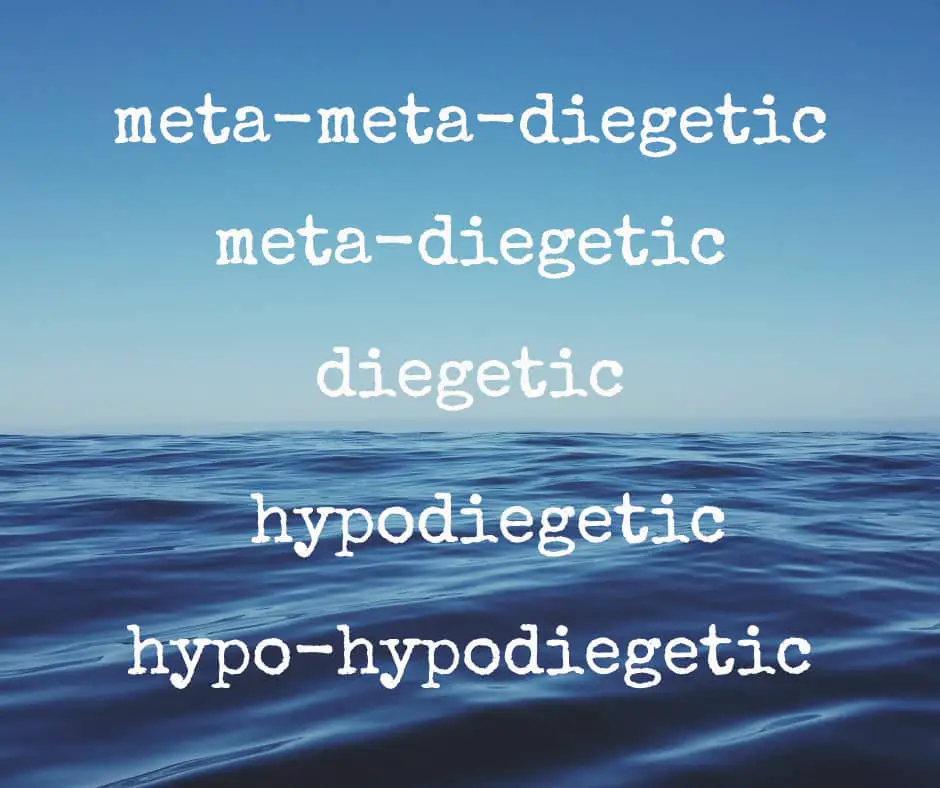
When discussing ‘diegetic levels’ of a story, imagine a ground floor. Level zero. All events and characters featured on this level are part of the story. Level zero is the normal, basic narrative level in a text. A story may not have any other levels, but it will at least have a ground floor. This happened, that happened, the end.
-
Humour Writing And Spongebob Squarepants

SpongeBob Squarepants is a fast-paced children’s cartoon for a dual audience, written by a guy who is also a marine biologist. This is a highly successful and long-running show, with humour that broadly appeals. This series has been running since 1999. Critics say the show has been declining in quality in the last few years,
-
Story Structure: New Situation And Extrapolated Ending
The ‘New Situation’ describes the part of a story also known as the ‘denouement’. The audience is left with a sense of what the main character’s life will be like from now on. This comes right after the anagnorisis (realisation) sequence. The main character has undergone a change (unless it’s a comedy) and their life
-
Ghosts, Flaws and the Psychic Wound in Fiction
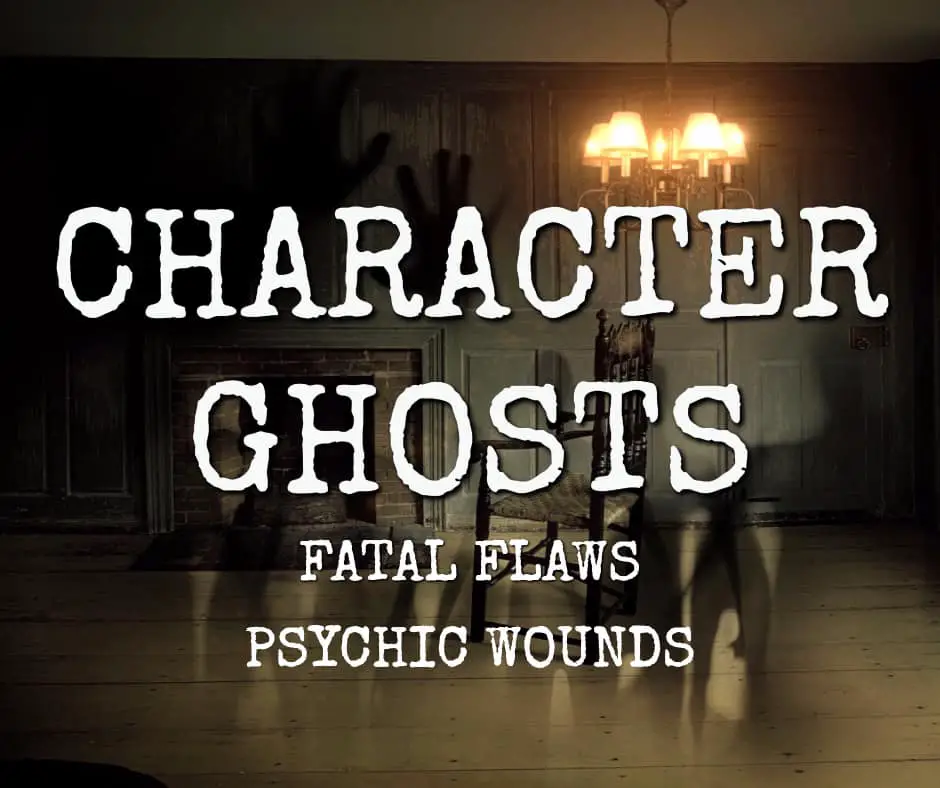
There are various words to describe the event from a main character’s past which holds them back in the present: the fatal flaw, the psychic wound, the ghost. “Our culture believes strong individuals can transcend their circumstances. I myself don’t much enjoy books by Hardy or Dreiser or Wharton, where the outside world is so
